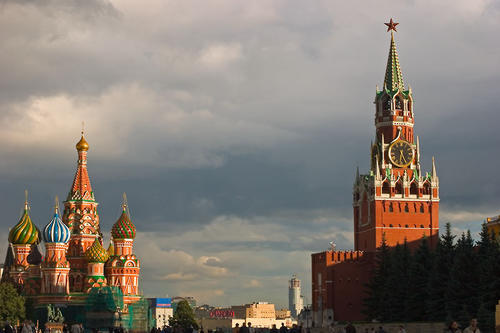Internationale HSE Summer School 2014 in Moskau
The Role of Informality in Socio-Economic Transition Environments
The National Research University - Higher School of Economics, Moscow, in cooperation with the Free University of Berlin, invited BA, MA and PhD students interested in an academic career to apply to our summer school on informality. It was held in Moscow from June 30 to July 6, 2014.
The Summer School brought together about 20 BA, MA and PhD students from disciplines such as sociology, political science, economics, social anthropology, law, history and geography.
Informality is a central aspect in the study of transition societies that has been understood both as a potential obstacle to development, but also a means to “get things done” and circumvent inefficient bureaucratic procedures.
Goal
This summer school aims to provide students with an understanding of the multifaceted role of informal institutions in transitional socio-economic environments. It will examine a variety of informal phenomena ranging from corruption and the shadow economy to more positive manifestations of informality such as social networks and social capital.
The summer school will consist of lectures from internationally renowned experts as well as group work, including meetings and exchanges with experts at some of Moscow’s research centers.
Program
The topics for lectures included the informal labor market, informal entrepreneurial activity, corruption in transition societies, as well as social networks and informal political action.
The school provided an introduction to methods on how to research informal institutions (e.g., ethnographic methods to study social capital). The students were divided into small groups, supervised by a tutor, that will focus on one particular topic such as “corruption” or “informal political action.” Groups worked with Russian experts on their chosen topics.
Expenses
The organizers funded participation fees, accommodations (double rooms in a student guesthouse), and meals. Students covered their own travel expenses.

